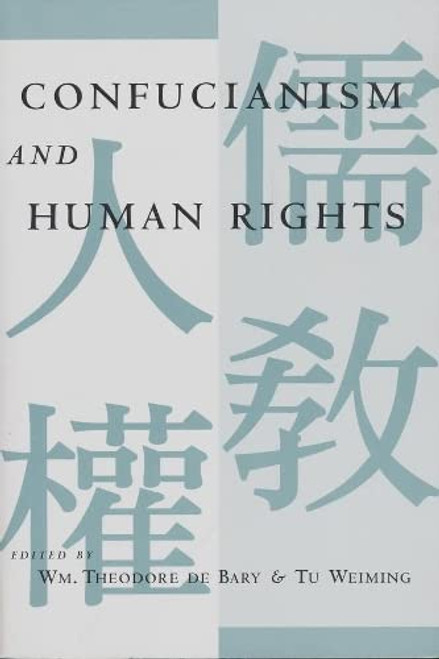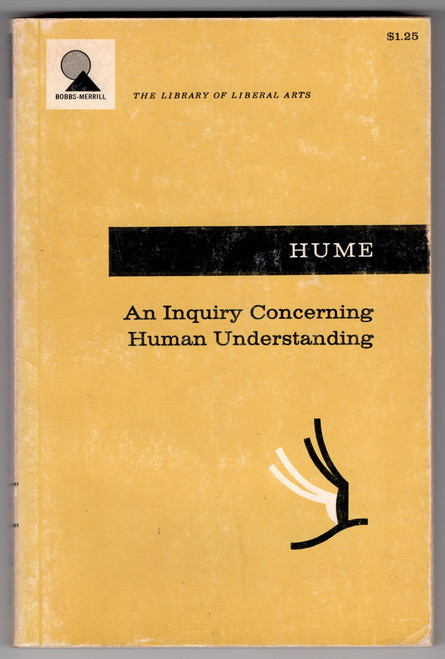What is the place of human rights in a society shaped by Confucian values? Can the teachings of Confucius and Mencius offer useful perspectives on the Western conception of human rights? These and other timely questions are addressed in this volume by eighteen leadings Western and Chinese authors on Confucian tradition, modern China, and modern human rights issues. These articles provide needed perspective at a time when the Chinese government, after years of denouncing confucianism as an artifact of a feudal past, has reversed itself to endorse it as a belief system relevant to modern issues.
Editorial Reviews
"This engaging book is propaedeutic to a study of how Confucianism might contribute to decisions respecting rights." —Dale Maurice Riepe, International Studies in Philosophy.
"The essays explore such vital subjects as the normative foundation of human rights claims, the relationship of the individual to the nation-state, rites as rights, due process, harmony versus freedom of thought, constitutionalism, and the rule of law....each one does stand on its own as a solid piece of scholarship." —Choice
"A significant and laudable collection, not only because of the timeliness of the subject but also for its numerous useful suggestions on how to discuss human rights in terms of traditional East Asian discourse." —Times Literary Supplement
This rich volume, a feast for the mind, a joy to the soul, is so wise in seeing that the human rights discourse is not the singular fruit of a peculiar liberal individualistic Western tradition, not the unique genetic child of Jews or Christians or Greeks." —Edward Friedman, Asian Thought and Society
About the Author
Wm. Theodore de Bary is John Mitchell Mason Professor Emeritus and Provost Emeritus at Columbia University, as well as director of the Heyman Center for the Humanities. He is the author or editor of more than two dozen works on Asian civilizations, including Sources of Chinese Tradition and Sources of Japanese Tradition.
Tu Weiming is professor of Chinese history and philosophy at Harvard University and director of the Harvard-Yenching Institute. He is the editor of China in Transformation and author of Living Tree: The Changing Meaning of Being Chinese Today, and Way, Meaning and Politics: Essays on the Confucian Intellectual.







